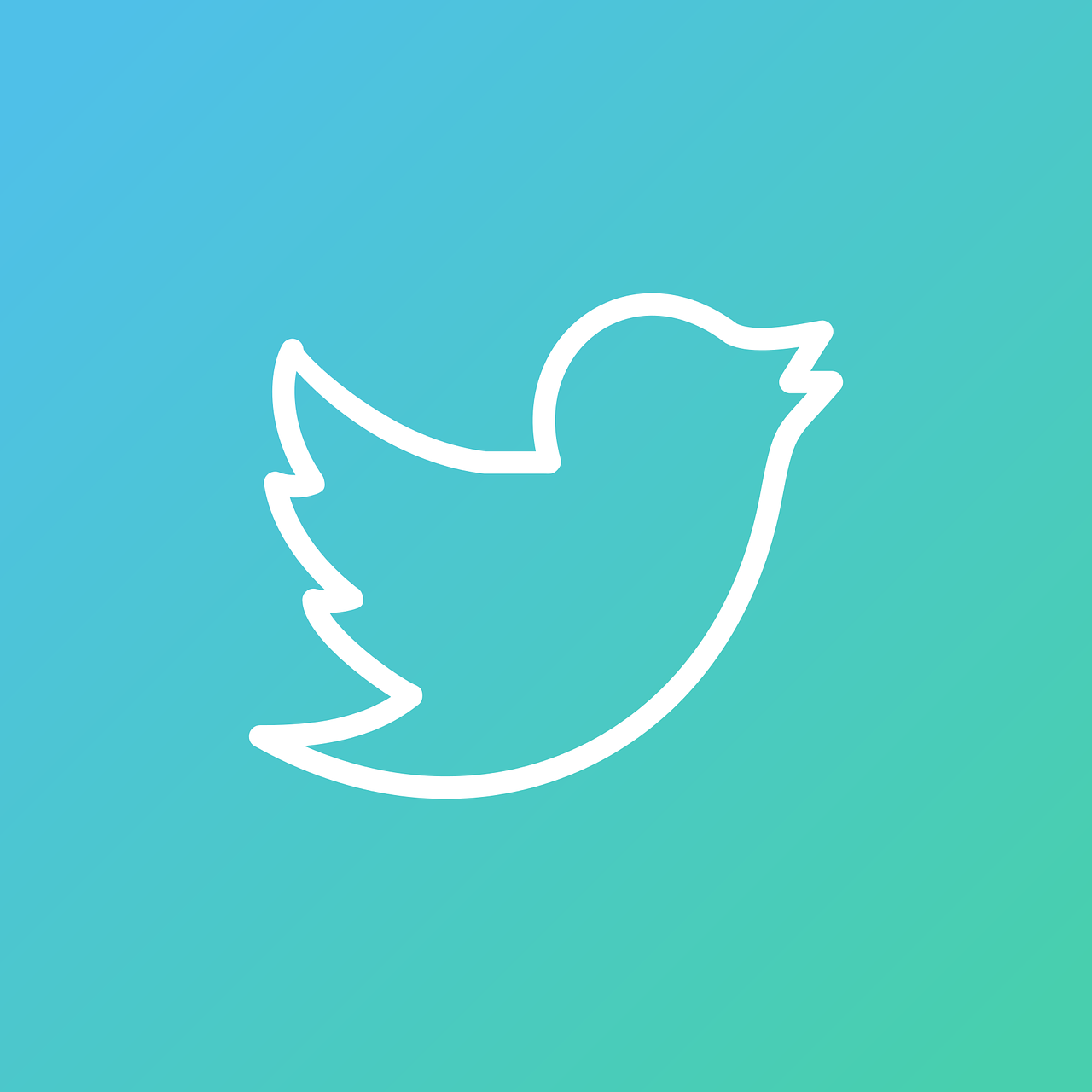Russia Threatens to Block Twitter
The feud between the American social media giant Twitter and RKM has been going on for years (Pixabay).
Roskomnadzor (RKM), Russia’s communications regulator, threatened to block Twitter on Tuesday if the website does not comply with requests to delete banned content. This comes a week after RKM slowed down Twitter for Russian users over the dispute.
The regulator banned content in December 2020 that included information that attracts minors to illegal public assemblies, such as protests. RKM has also requested to take down several independent media accounts on the platform, which it deems as “undesirable organizations.” Twitter has yet to comply with this request.
The feud between the American social media giant and RKM has been going on for several years. Since 2015, Twitter has ignored Russian regulations to store its citizens’ data on domestic servers, for which it has been fined a total of $55,000. In the first half of 2020, Twitter only complied with 20 percent of RKM’s takedown requests.
In the past, RKM’s bans have come with technical difficulties. In 2018, RKM banned the messaging service Telegram but simultaneously disrupted other internet services, including Google. Telegram remained largely accessible after the ban. Last week when the regulator announced the slowdown of Twitter, government websites, including Kremlin.ru, experienced outages.
In Putin’s Russia, the internet has remained relatively free in comparison to Russia's television industry, which is highly censored. However, in recent months the Russian government has made it clear that it intends to restrict more platforms. Authorities passed a bill allowing the government to block any foreign platform if it “discriminates” against Russian media.
The Twitter ban coincides with Alexey Navalny’s team organizing and promoting the recent protests on internet platforms such as TikTok and Facebook, and Navalny publishing a viral exposé of Putin’s riches on his YouTube channel.
“Twitter is only the beginning,” said Sarkis Darbinyan, a lawyer and digital rights activist. “We’re likely to see a lot more restrictions on social media in the near future.”

